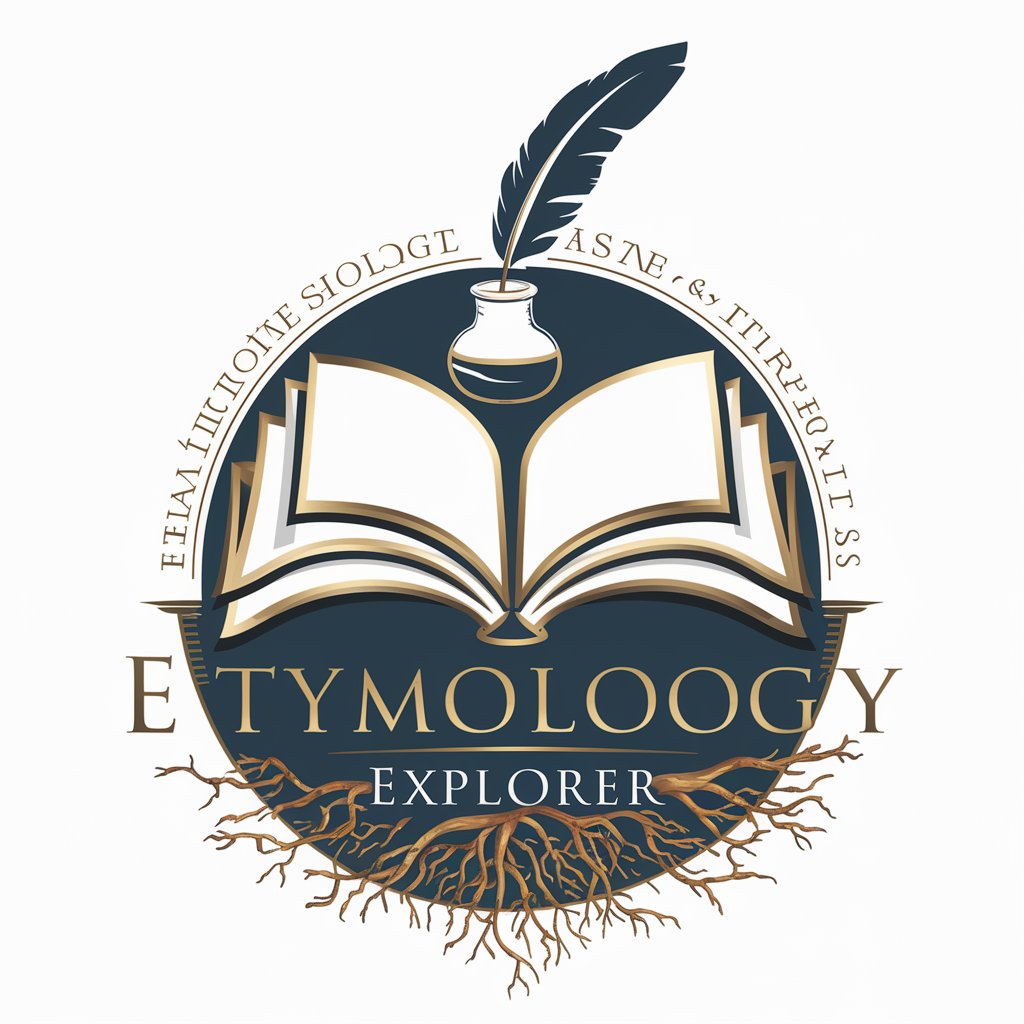
Etymology - Etymology Exploration Tool
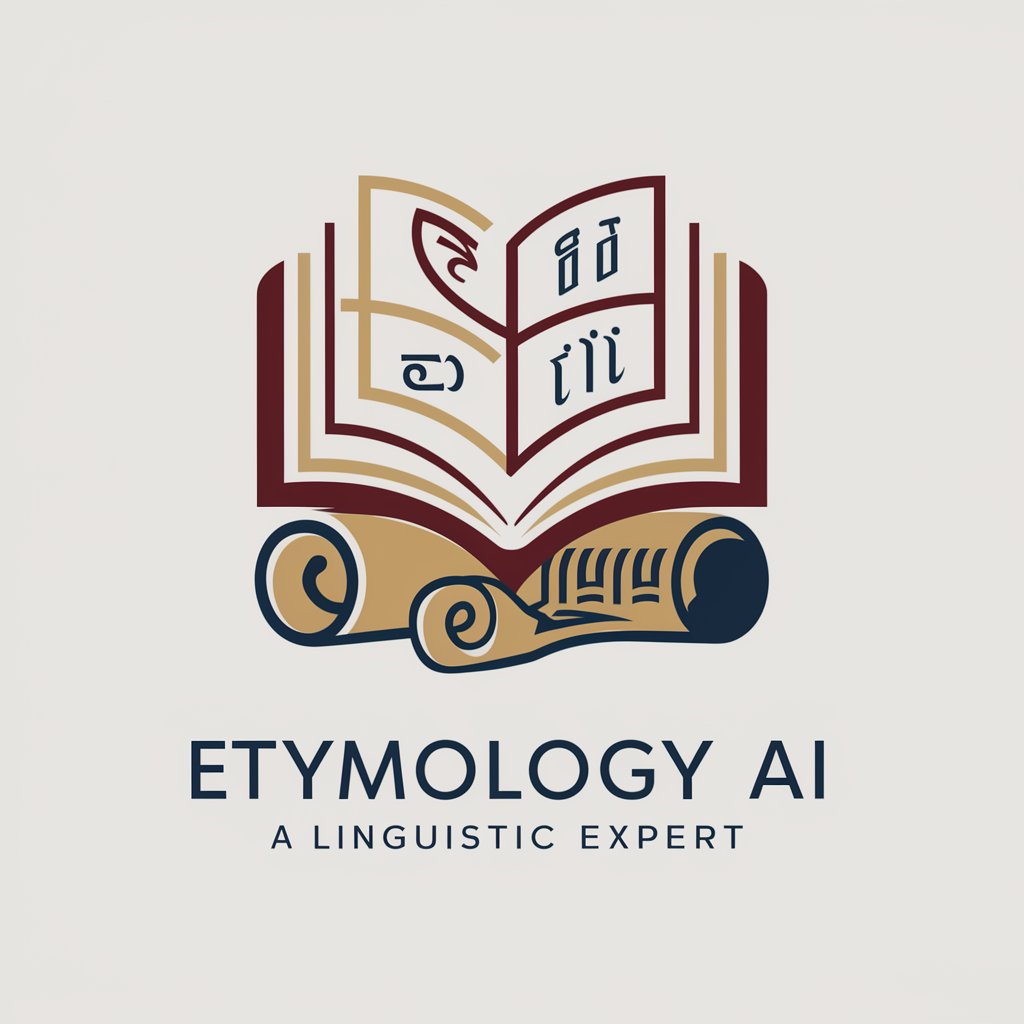
Welcome to Etymology AI, your guide to the fascinating origins of words!
Unravel the history of words with AI.
Explain the etymology of the word 'pandemic' in detail.
Trace the linguistic history of the word 'philosophy.'
Describe the origins and evolution of the word 'democracy.'
Analyze the root words and meanings of 'telecommunication.'
Get Embed Code
Exploring the World of Words: An Introduction to Etymology
Etymology, in its essence, is a linguistic field that delves into the history and origins of words. It traces how words have evolved over time, revealing shifts in meaning, pronunciation, and usage. This journey uncovers the roots of words in various languages, such as Latin, Greek, and Old English, and highlights the significant influence of cultural, social, and historical events on language development. Through etymology, one can see the interconnectedness of languages, reflecting cross-cultural exchanges. The study of word origins is not only academically enriching but also offers a unique perspective on how modern communication shapes language evolution. For example, the word 'nice', originally from Latin 'nescius' meaning 'ignorant', evolved over centuries from 'foolish' to 'shy' and finally to 'pleasant', illustrating the dynamic nature of language. Powered by ChatGPT-4o。

Diverse Functions of Etymology: Unraveling Linguistic Mysteries
Analyzing Word Roots
Example
The word 'democracy' originates from the Greek 'demos' (people) and 'kratos' (power), literally meaning 'people's power'.
Scenario
In an educational setting, understanding 'democracy's' origin can deepen students' appreciation of historical and political concepts.
Tracing Linguistic Evolution
Example
The word 'star', from Old English 'steorra', has retained its pronunciation and meaning remarkably over the centuries.
Scenario
Linguists or historians might explore such words to understand language stability and change over time.
Exploring Cultural Influences
Example
The word 'robot', from Czech 'robota' meaning 'forced labor', reflects cultural and technological influences on language.
Scenario
This can be a topic of discussion in cultural studies, highlighting how technological advancements impact language.
Who Benefits from Etymology? Identifying Key User Groups
Students and Educators
Students in linguistics, history, or literature can gain a deeper understanding of their subjects, while educators can use etymology as a tool to enrich their teaching material.
Language Enthusiasts
Individuals with a passion for languages, puzzles, or trivia find etymology fascinating, as it reveals intriguing insights into the words we use daily.
Writers and Communicators
Understanding the roots and evolution of words can enhance a writer's or communicator's ability to convey ideas more effectively and creatively.

How to Utilize Etymology AI
Start with a Free Trial
Head over to yeschat.ai to access a complimentary trial, no sign-up or ChatGPT Plus subscription required.
Identify Your Inquiry
Define the word or phrase you're curious about. Knowing exactly what you want to explore helps in getting precise etymological insights.
Engage with Etymology AI
Use the input box to ask your question about the word's origin, history, and evolution. Be specific to get detailed responses.
Explore Advanced Features
Take advantage of quizzes, games, and interactive learning experiences to deepen your understanding of etymology in a fun way.
Apply Your Knowledge
Use the insights gained for academic research, creative writing, or enhancing your linguistic curiosity.
Try other advanced and practical GPTs
Source AI
Automating APA citations with AI precision
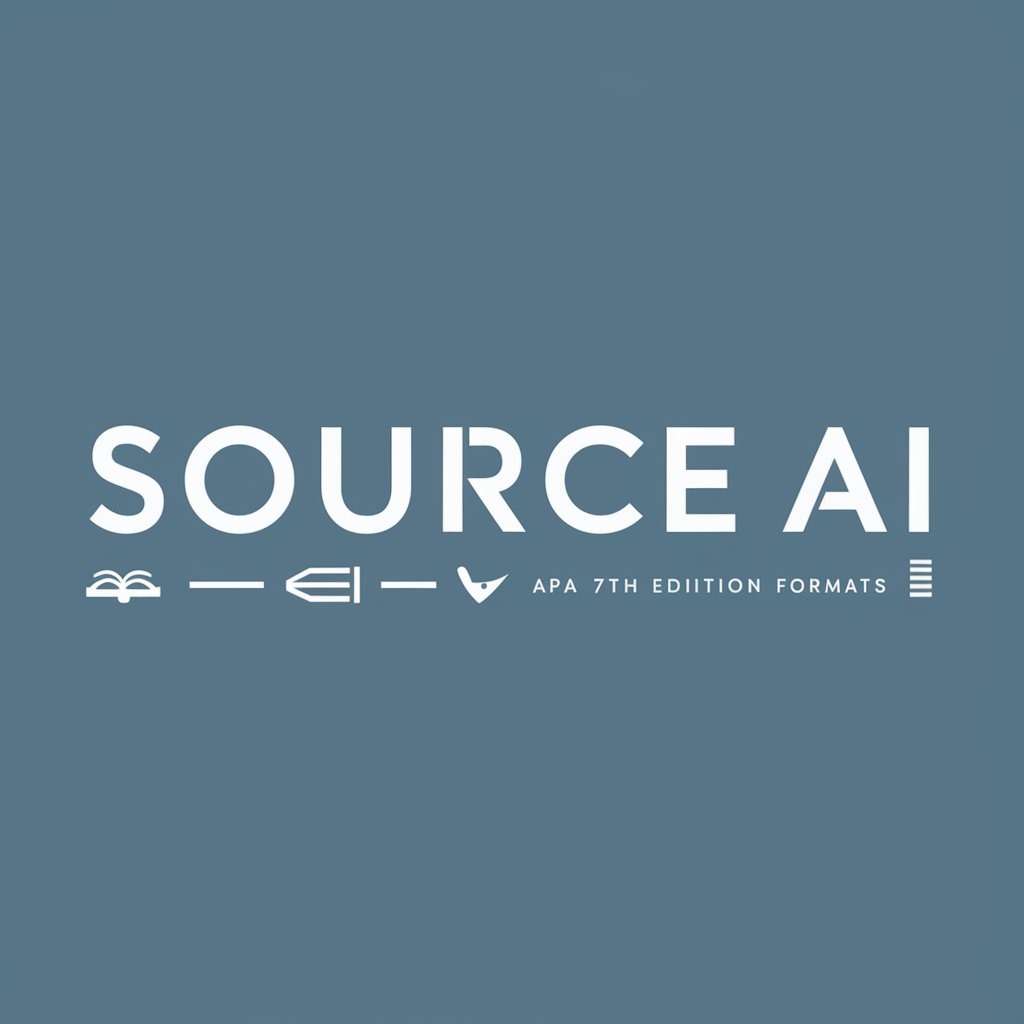
Cat Translator
Speak Cat with AI-Powered Translator

Animal Translator
Speak the Wild: AI-Powered Animal Talk
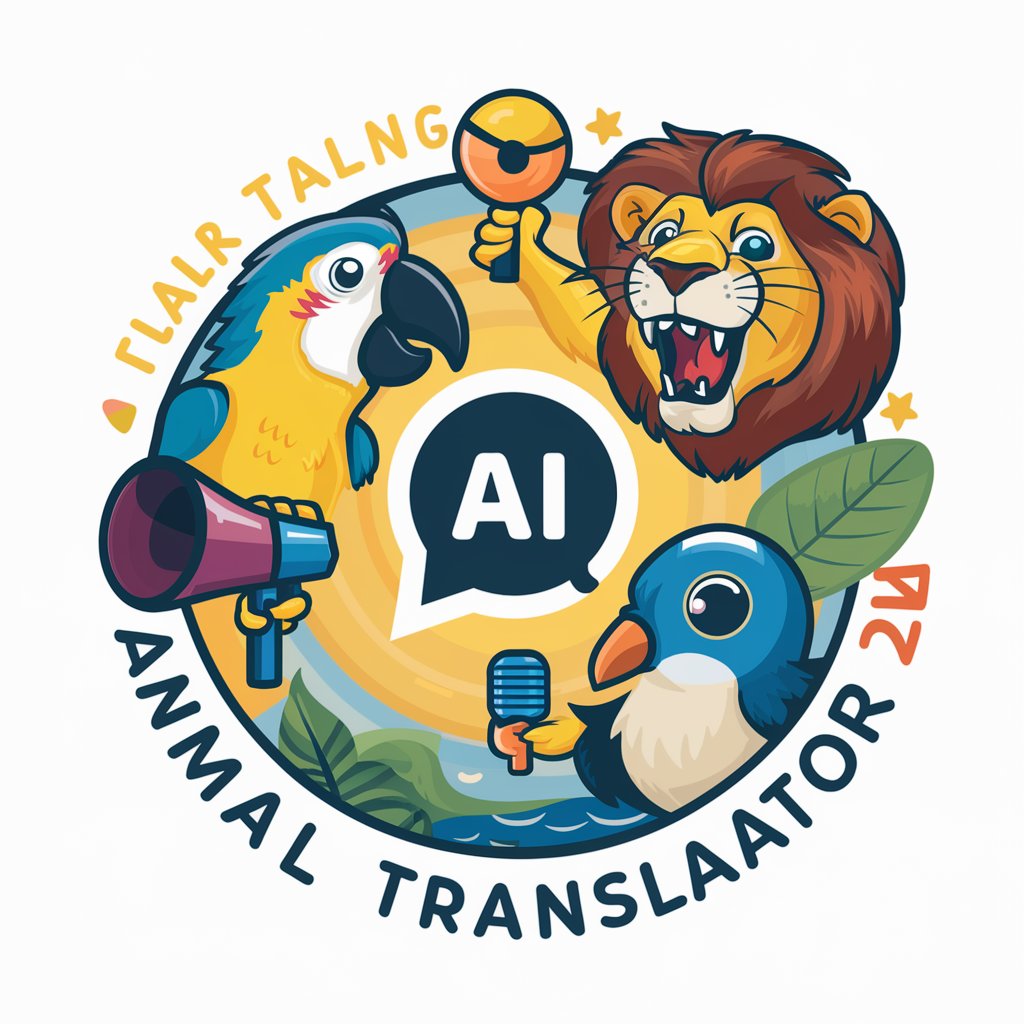
Philippines Travel
Explore the Philippines with AI-Powered Guidance

Boredom GPT
Transforming Boredom into Adventure

Button GPT
Unleash Creativity with AI-Powered Poetry

Personality Compatibility AI
Empowering Relationships with AI Insight
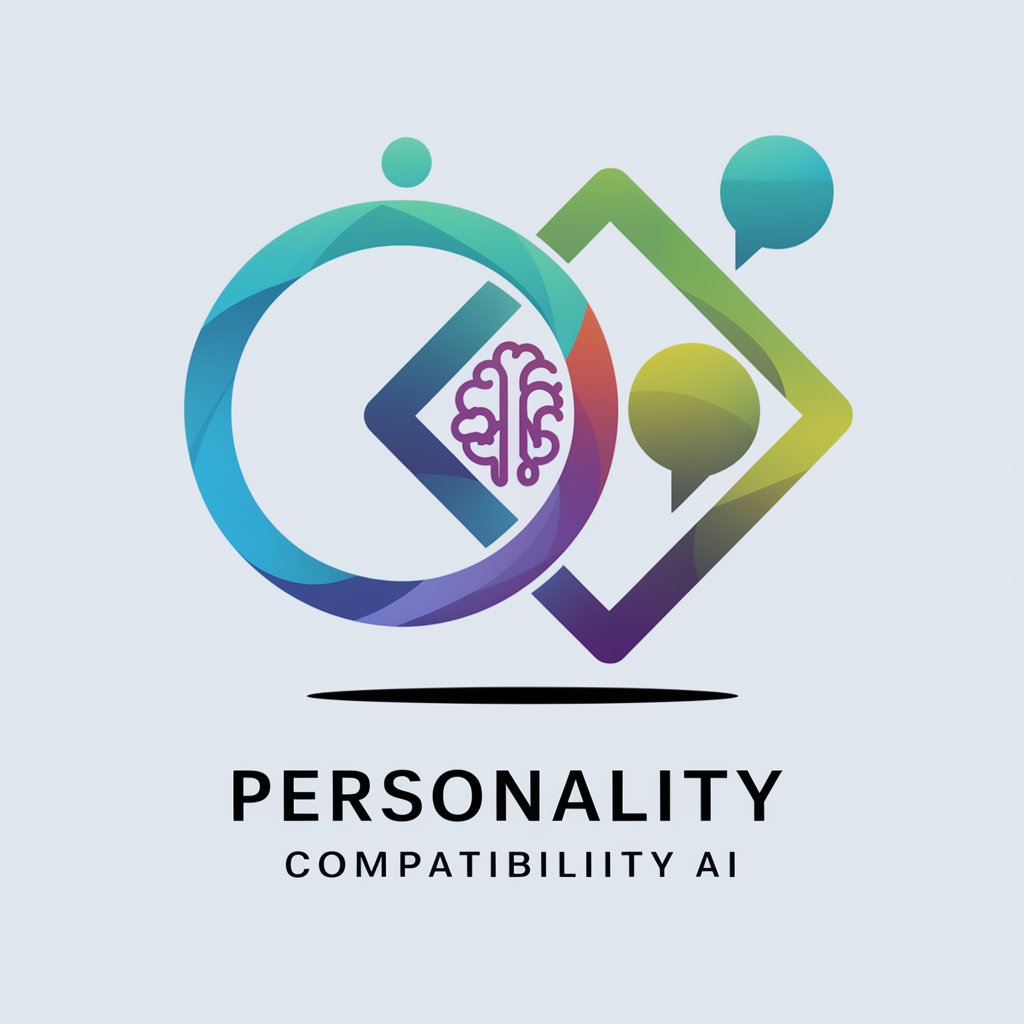
Anime AI
Crafting Your Anime Journey with AI

Netflix AI
Your Personalized Cinema Guide

Movie Recommendations AI
Your AI-Powered Cinematic Journey Guide

Taylor AI
Craft Your Own Swift-Inspired Lyrics

ThreadsGPT
Elevate Your Social Media Game with AI
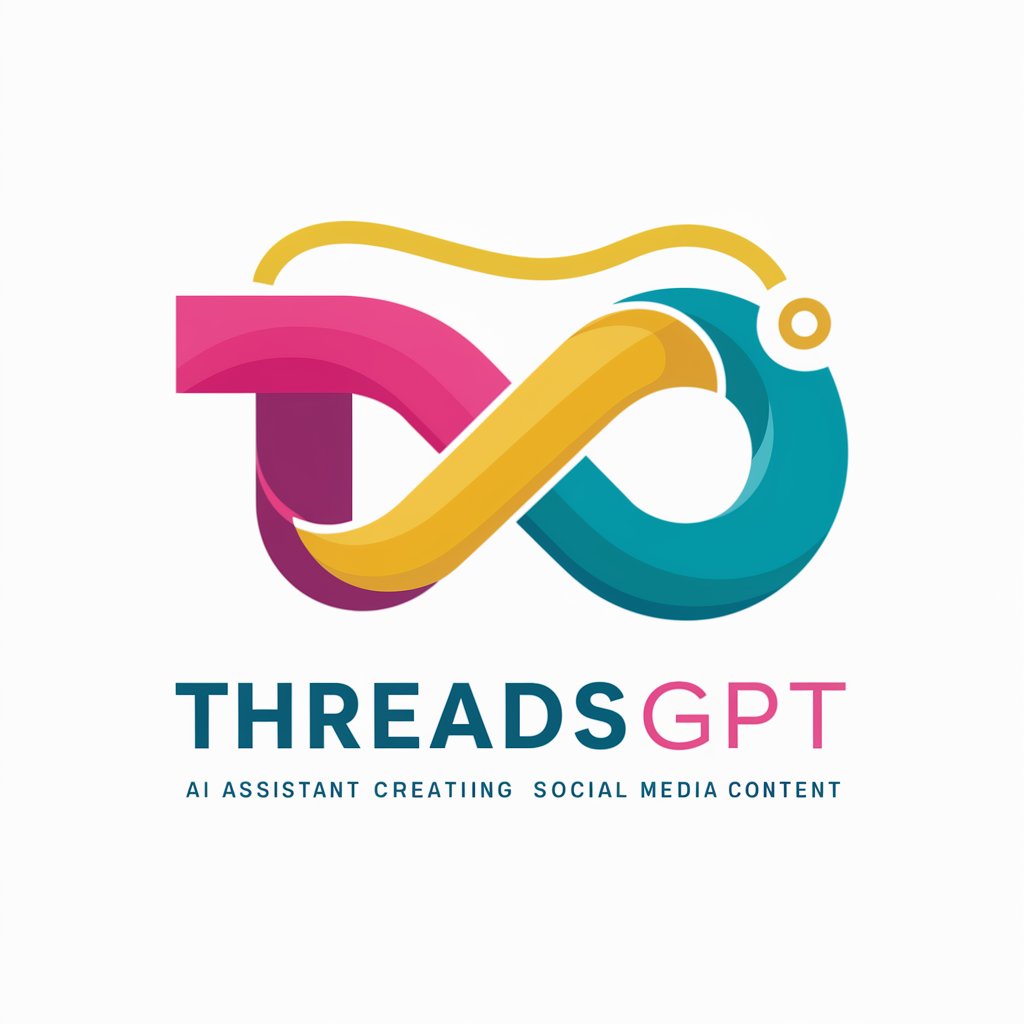
Etymology AI Q&A
What is Etymology AI?
Etymology AI is a linguistic tool designed to explore the origins, history, and evolution of words. It combines historical data with AI technology to provide in-depth analyses of word roots, meanings, and their transformations over time.
How can Etymology AI benefit students?
Students can use Etymology AI to deepen their understanding of language, improve their vocabulary, and gain insights into the historical and cultural contexts of words, aiding in academic writing and linguistic studies.
Can Etymology AI help with language learning?
Absolutely. By understanding the roots and evolution of words, language learners can grasp the nuances of vocabulary more effectively, making it easier to remember and use new words correctly.
What makes Etymology AI unique?
Its ability to integrate historical linguistics with cutting-edge AI technology sets it apart. This allows for real-time, in-depth analyses and interactive learning experiences not available in traditional etymological resources.
Does Etymology AI cover multiple languages?
Yes, Etymology AI explores word origins from a variety of languages, including Latin, Greek, Old English, and more, highlighting the interconnectedness of languages and cultural exchanges.





